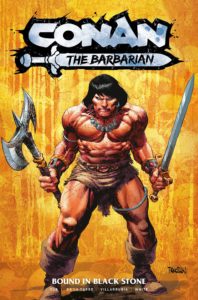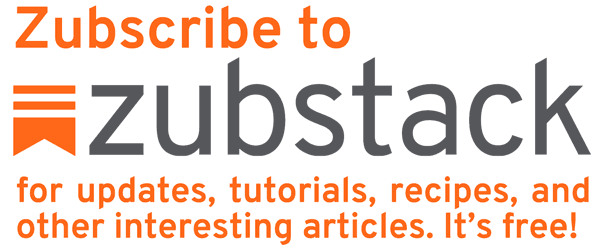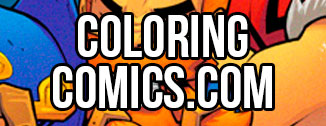I received a comment here on my site that covers a common question I and many other writers get, one I want to answer and expand upon so I can point people toward it here in the future-
Hey Jim,
When one pitches a comic to a company (like UDON, IDW, Image, or something like that) is a four issue mini-series (like your Ibuki/Cammy comics) a fine request for someone with no experience?
Or would asking for something like a one-shot/issue comic be a lot more likely to be accepted?
When one pitches a comic to a company (like UDON, IDW, Image, or something like that) is a four issue mini-series (like your Ibuki/Cammy comics) a fine request for someone with no experience?
Or would asking for something like a one-shot/issue comic be a lot more likely to be accepted?
Right from the start, you have the wrong idea about how this works-
A publisher will not look at any unsolicited pitch, one-shot or otherwise, for an established property and won’t ask you to submit one until you have creative work they can check out.
The key here is when you said you have “no experience”.
You need to gain experience by making your own comics (or at least other writing).
Create work, finish it, and then, if you feel it’s professional quality, send that work to publishers as a portfolio showing the quality you could bring to them.
A publisher is not going to approve a project proposal from someone with no credits to their name or portfolio to judge. Legally, they won’t even look at it, because if it’s similar to anything they’re developing it could open them up to legal hassles.
If you look at the long and rambling trail of my career, the vast majority of projects at the start were my own independent ones because no one would pay me for writing until I proved I could make writing worth paying for:
The shortest distance between the work you do and the work you want to do is key-
Create screenplays and make films if you want to work in film or TV.
Create work that exemplifies your best qualities so potential clients
will want to hire you to bring those qualities to their projects.
Quality work in another medium can bridge the gap if it’s a similar genre or has a similar mood.
Tom King wrote a superhero novel.
Brian K. Vaughan started with play and screenplay writing.
Most importantly, be honest with yourself-
If you were a comic editor and your job hung on hiring people who could hit the mark on a story and deadline, how much experience would you want to see to feel confident about giving them a job?
The smaller the publisher, the easier it will be to break in and gain more experience, but in most cases the pay from those smaller companies will also be low/non-existent. Expect that establishing yourself and your work will take time, effort, and there are no guarantees of success.
This is true for every creative career (and almost every non-creative one)-
The work almost always starts with independent creation – short film production, an indie band, indie game development, self publishing, local theater, you name it.
Finish stuff, release it, see if it gains traction, and then keep going.
If you found this post helpful, feel free to let me know here, share the post with your friends and consider buying some of my comics or donating to my Patreon to show your support for me writing this tutorial post instead of getting paying work done.






 Zub on Amazon
Zub on Amazon Zub on Instagram
Zub on Instagram Zub on Twitter
Zub on Twitter
This is really great advice for a lot of people who probably need to hear the harsh truths about being a creative. Folks trying to write are a dime a million. So unless you really have something to show, why would anyone even look at the first letter of your name?
I have a couple of thoughts about “traction.”
It’s *incredibly* hard as a no-name to gain traction these days. With sites like tumblr/instagram basically dead for building audiences, the algorithms aren’t allowing the work to speak for itself.
As someone who’s been writing a webcomic for a few years, I knew that it had a audience, anyone who’s read it has told me they’ve really enjoyed it. The problem is promotion. We got featured by the host-site once as a “hidden gem” and it blew up for the week it was featured (to our standards, at least). This is the event that told me how hard it is to get eyes, even if your work has merit.
Like, good work is not even a requirement at this point, it’s all about promotion. I feel like sometimes there’s still an “if you build it they will come” mentality for some folks.
If you don’t have money or a platform, you’ve basically got no way to promote these days. So building some kind of a platform becomes intrinsically part of the process, which is another skill you need to develop. And even if you have an existing one, they may not translate to eyes on your work. I write for video games, and those do really well. It’s not quite the same audience as the comic, so they don’t necessarily translate over.
Anyway, just had some thoughts to share in response here.
Great post, Zub!
hypothetical scenario for an indie webcomic or something like that
if the writer sucked at drawing do you think most publishers would see that and consider it all amateur (despite it having traction) or they would take notice of the good writing despite some not so impressive art.
There are too many factors involved to answer this definitively
-quality of writing
-type of art
-how compelling it is at the start to keep someone reading despite art
-taste of many different editors and what they’re looking for
Extremely weak art is definitely a barrier for an editor to look past.
That said-
Ryan North’s writing career started (and continues) with a stock art template of dinosaur poses and his writing was so witty and engaging he crossed into ‘the mainstream’.
https://qwantz.com
So it’s certainly possible, but quite rare.